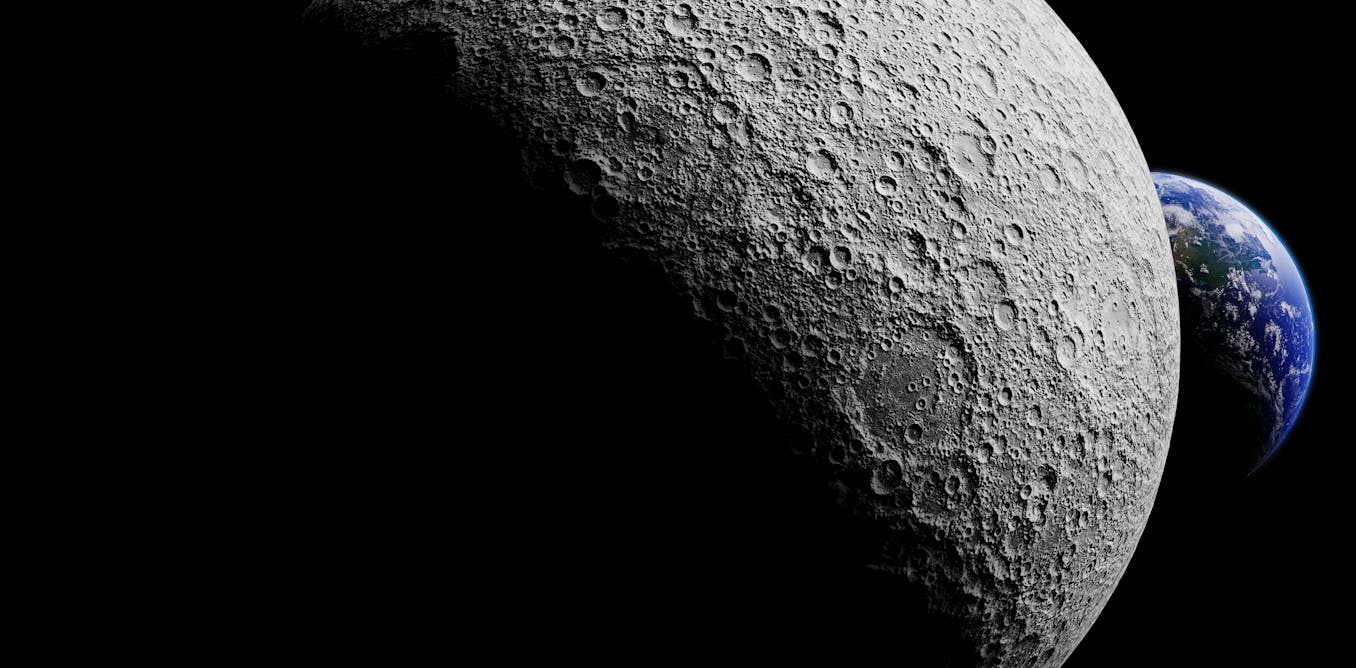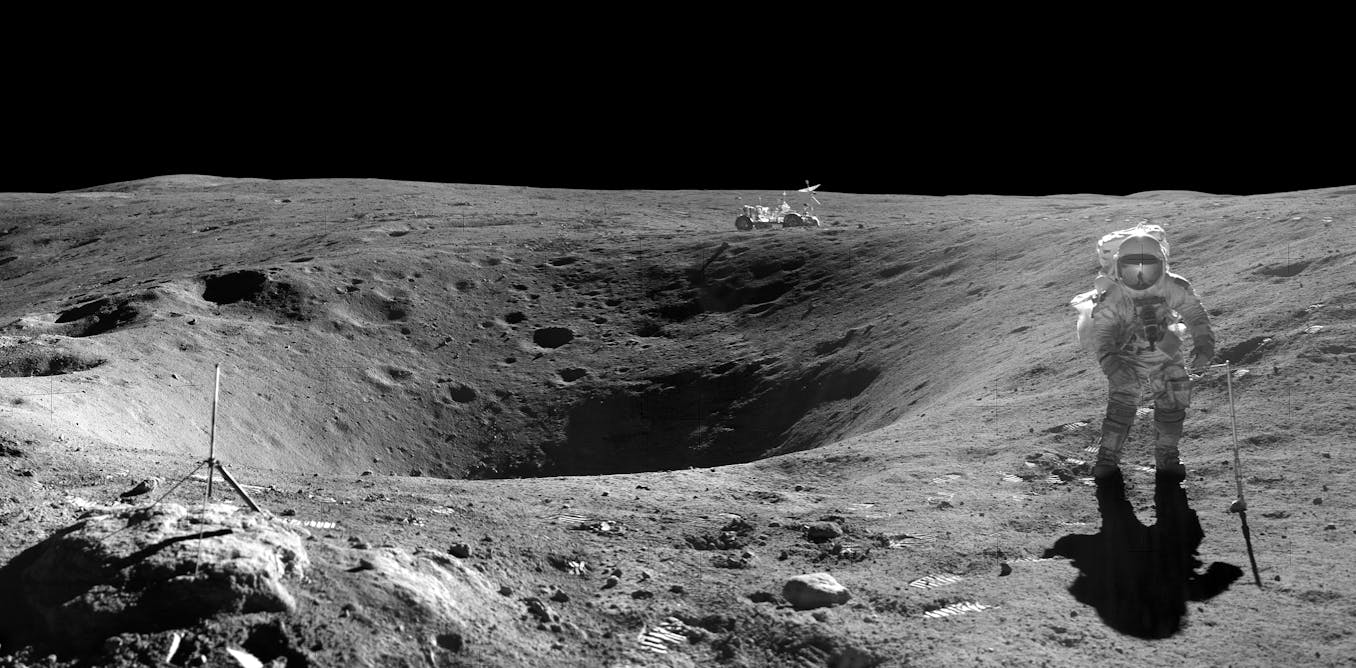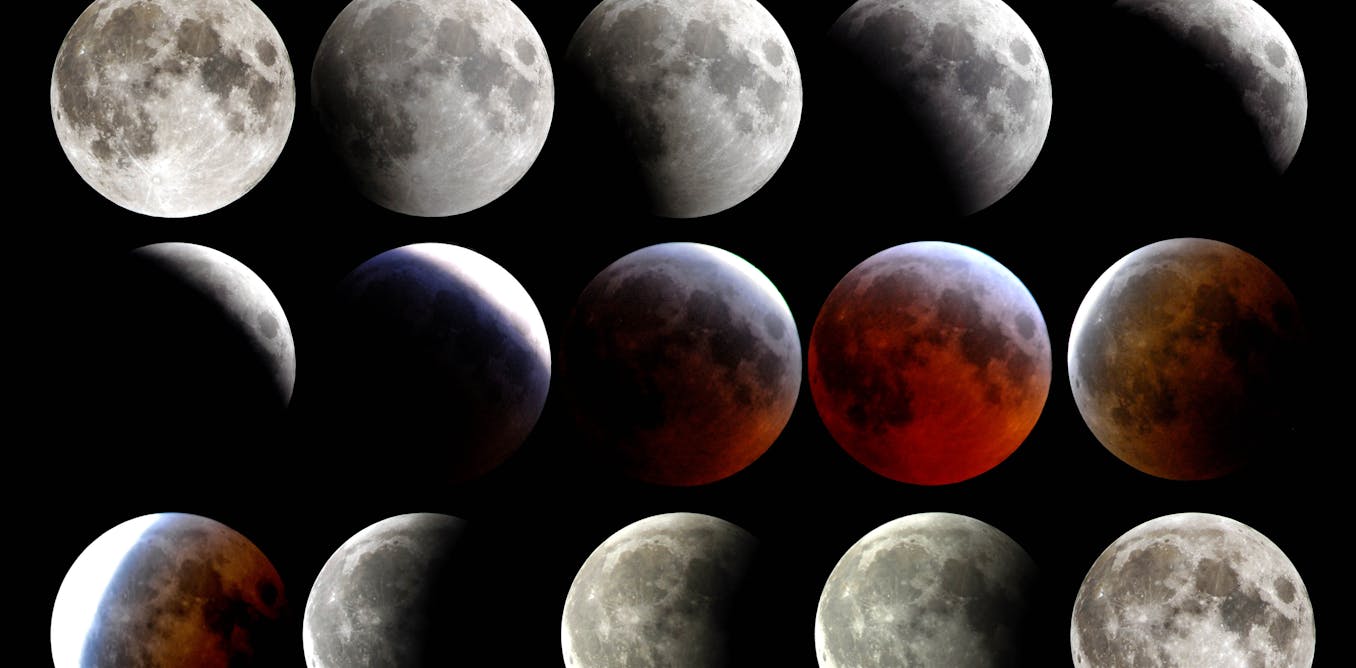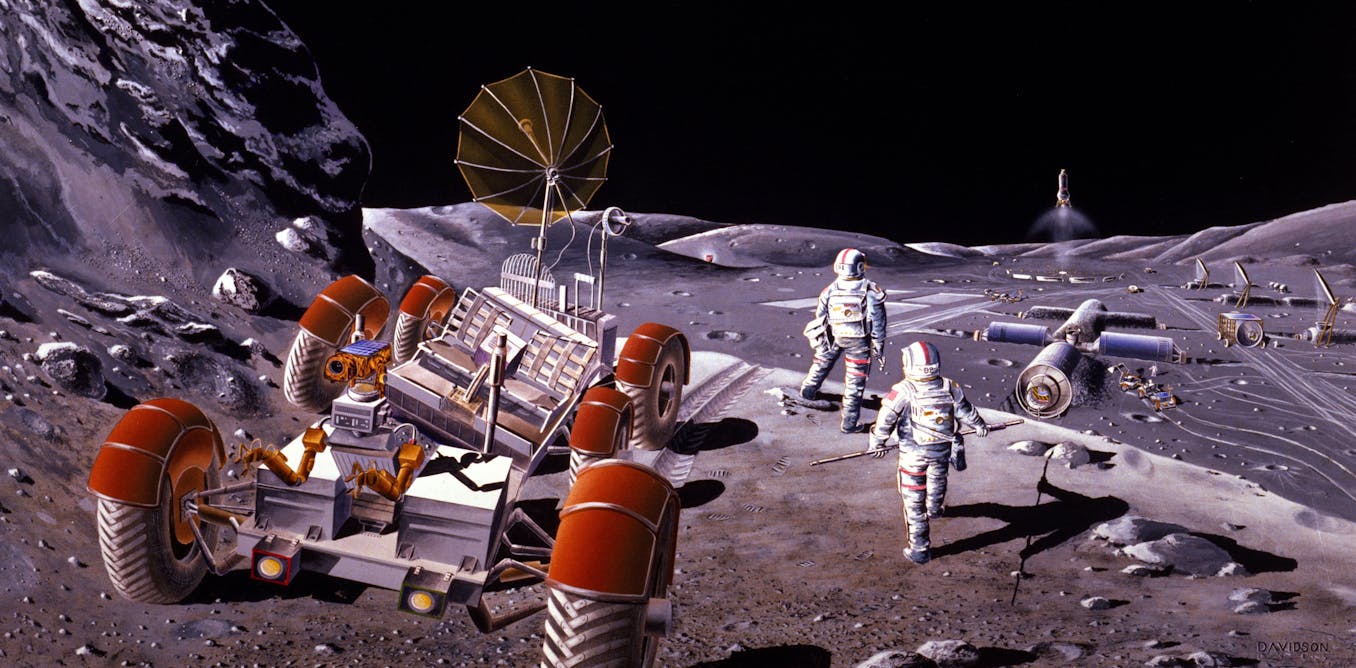Space law hasn't been changed since 1967 – but the UN aims to update laws and keep space peaceful
Human activities in space today are far more numerous and complicated compared to the 1967. Two experts explain the need for better laws to keep space peaceful.
Nov. 23, 2021 • ~8 min









